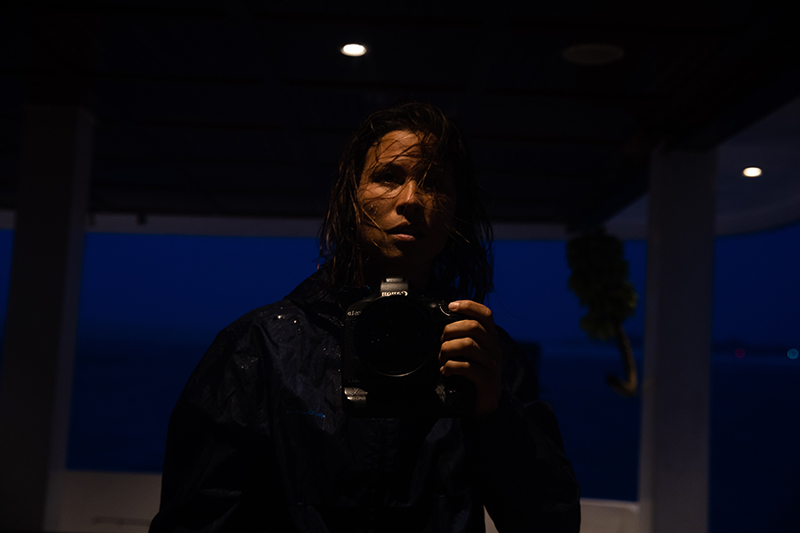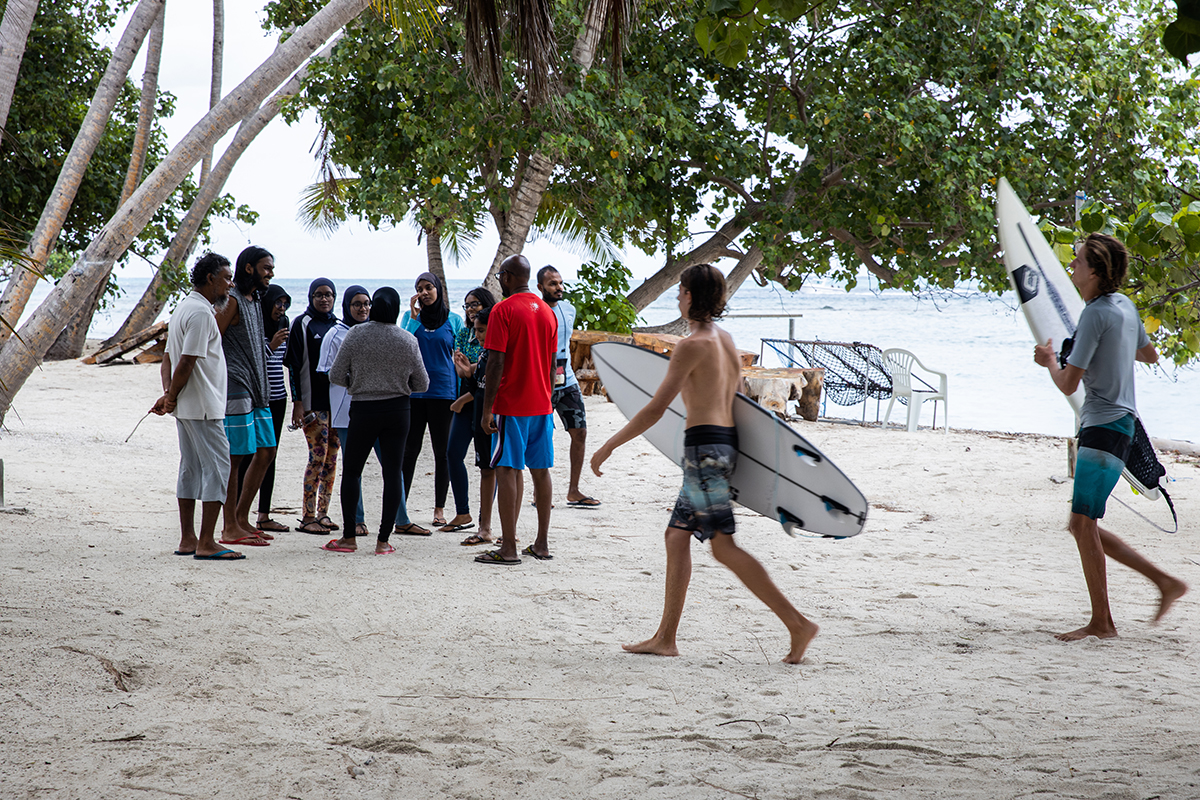So I oftentimes don’t know how I’ve come to be so fortunate, but I once again appreciate the experience afforded to me by being onboard the boat Myna in the Republic of Maldives. Actually, boat is an understatement. In the past, I have worn the broadest smile wedged in the leaking wooden hull of a small fishing boat, but Myna carries the title of being a yacht, and the joy of a hot shower after being in the ocean was a luxury I am not used to and did not take for granted.
Contrary to the title of this post, 2019 does not represent 50 years of Maldivian independence from the British Empire. Painted signs from 2015 commemorating the 1965 moment still covered much of Himmafushi island. The more I travel to surf and photograph, the more I am struck by the extent of Empire. The obvious necessity of ocean to perform surfing shares the same strength in the importance of ocean in the growth of Empire. Naval fleets like none the world had ever seen characterise the distance and breadth of the tentacles of European colonisation upon the globe and the capacity to extract goods (including slaves) for trade which funded events which are often represented as glorious achievements characterised independently of colonisation such as The Enlightenment and the Industrial Revolution, were built on the back of repressed and subjugated people whose sovereignty was viciously stolen, oftentimes under the guise of salvation.
This of course is not new knowledge. My own experience of ‘post-colonialism’ (and the difficulty of the term coinciding with my existence as an Australian who respects the original custodians of the land on which I live, respecting the elders past, present and emerging, and that sovereignty was never ceded ) is how the extent of Empire would continue to impact the subjectivities of local people in the context of surf exploration as I have observed in my travels, forming a shared experience between groups of humans from opposite sides of the globe.
A unique moment in my Maldivian journey though revolved around the ‘learning to surf’ and gift of a surfboard to a small group of local Maldivian girls. Upon seeing some local boys learning to surf, I approached them to learn more about them, and asked them if the girls in the area surf too. They responded ‘no’ and that the ‘girls wouldn’t want to surf.’ At the time, a group of local girls were swimming in the shorebreak, and it seemed easy enough to ask them directly how they felt about surfing. Upon asking ‘do you like surfing?’, five young Maldivian girls unanimously responded, ‘yes!’, which was matched in vigour only by their response to the question of if they would like to try. Of course, this in itself is not a unique moment. What struck me profoundly was that modern surf culture has the capacity to create subjectivities in young girls (and boys) that transcend the reach of Empire, offering access to opportunity without necessitating outcome and creating expanded viewpoints on what is possible without requisite or reciprocated obligation. To document this I felt was extremely profound. Surfing, born in the Polynesian islands before European contact, was returning to local people in a different Ocean and in a manner where the act of surfing could be performed without European subjectivity. However, the reach of surf tourism (like that engaged in by myself) leads me to raise the question whether modern surf culture is expanding across the globe reflecting a sort of surfing imperialism. Or perhaps more pertinently, are people who perform surf tourism carrying their own subjectivities into the lands in which they travel, imparting imperialistic viewpoints which exist independently to the act of surfing itself?
You can see my photos from the Maldives here

